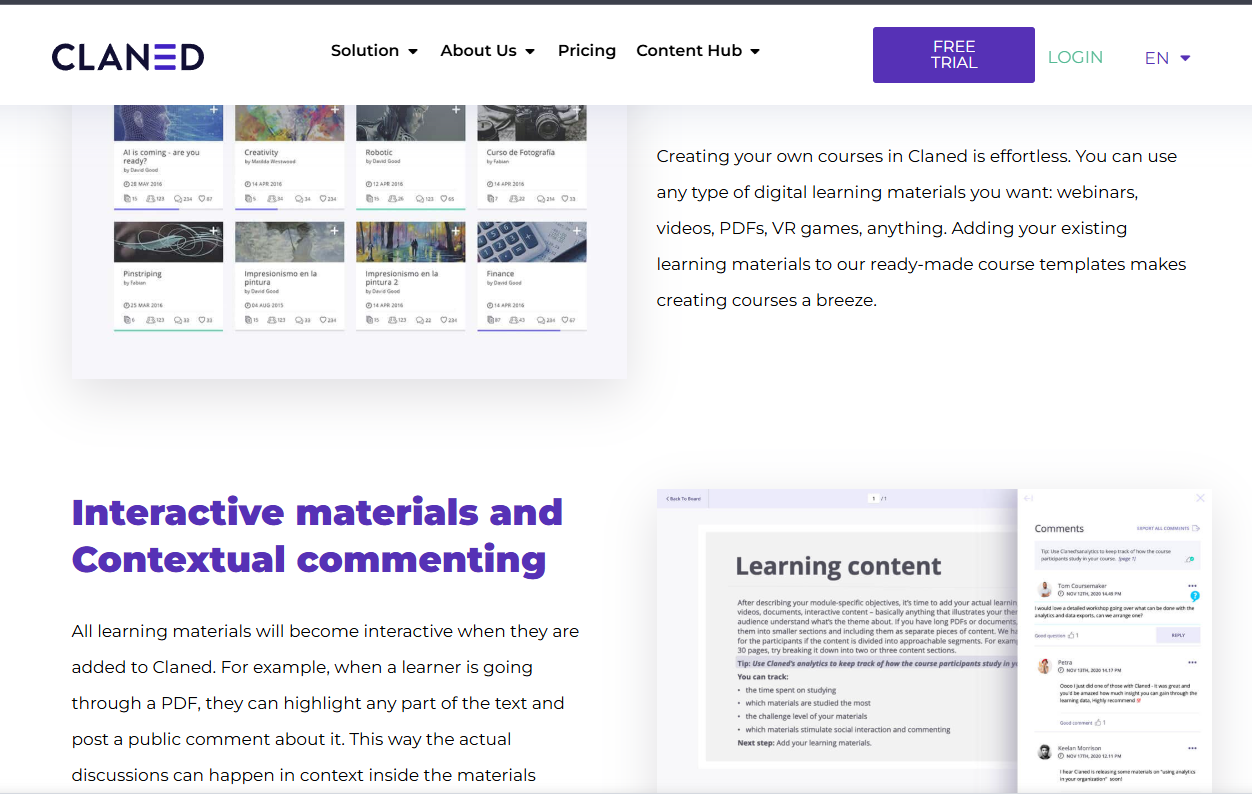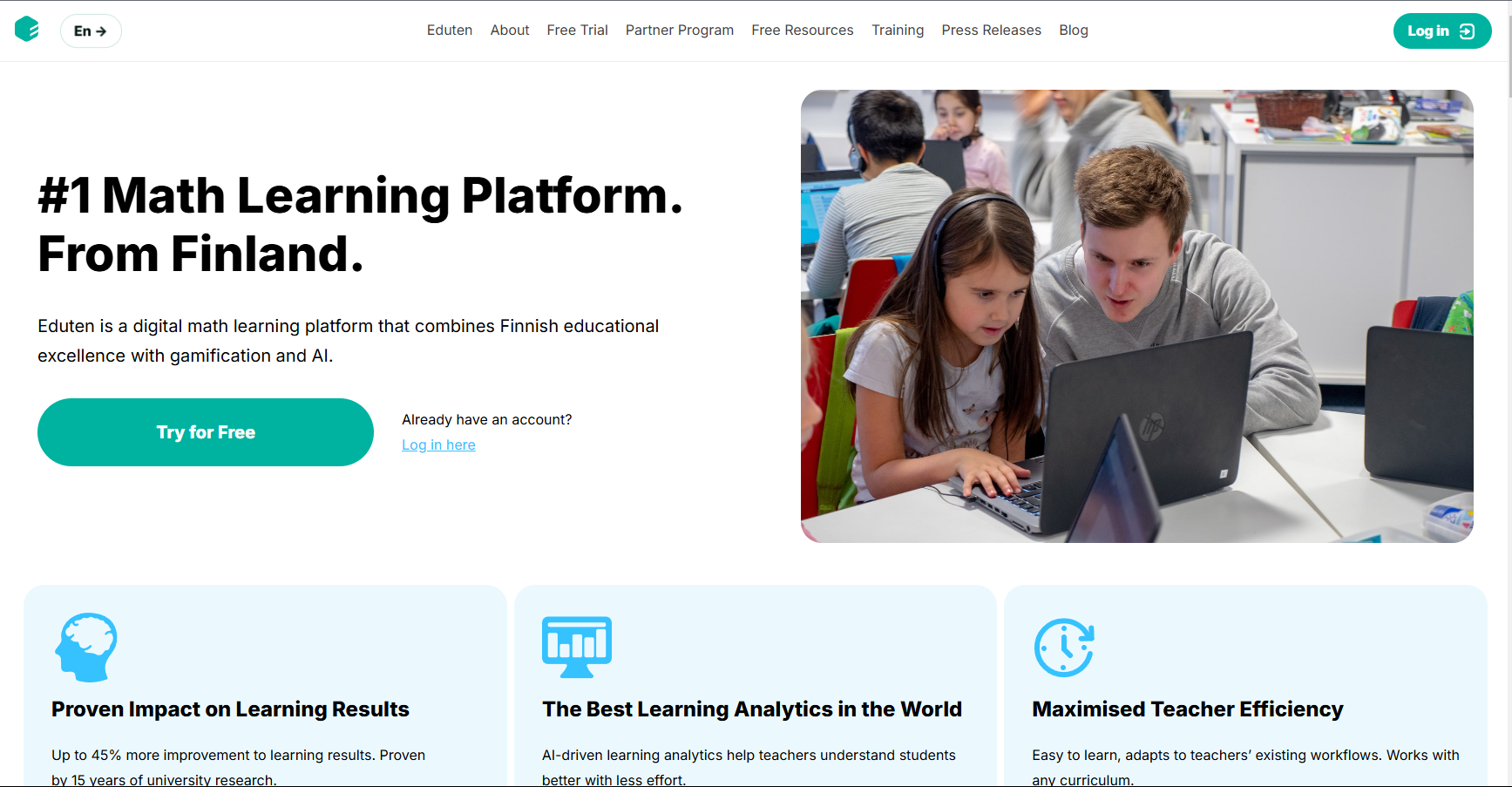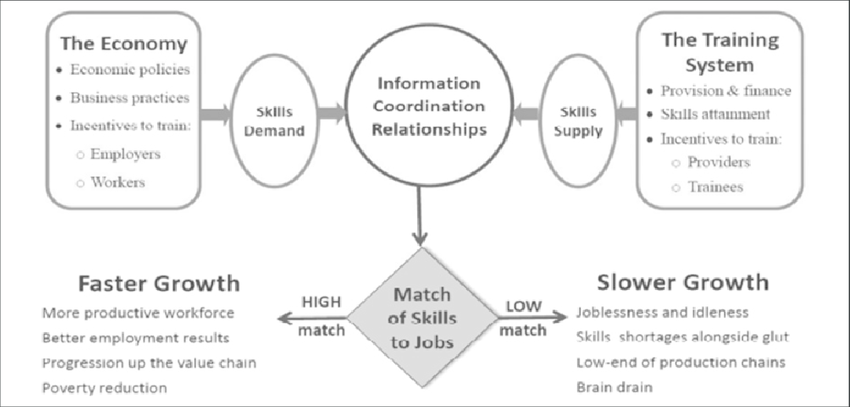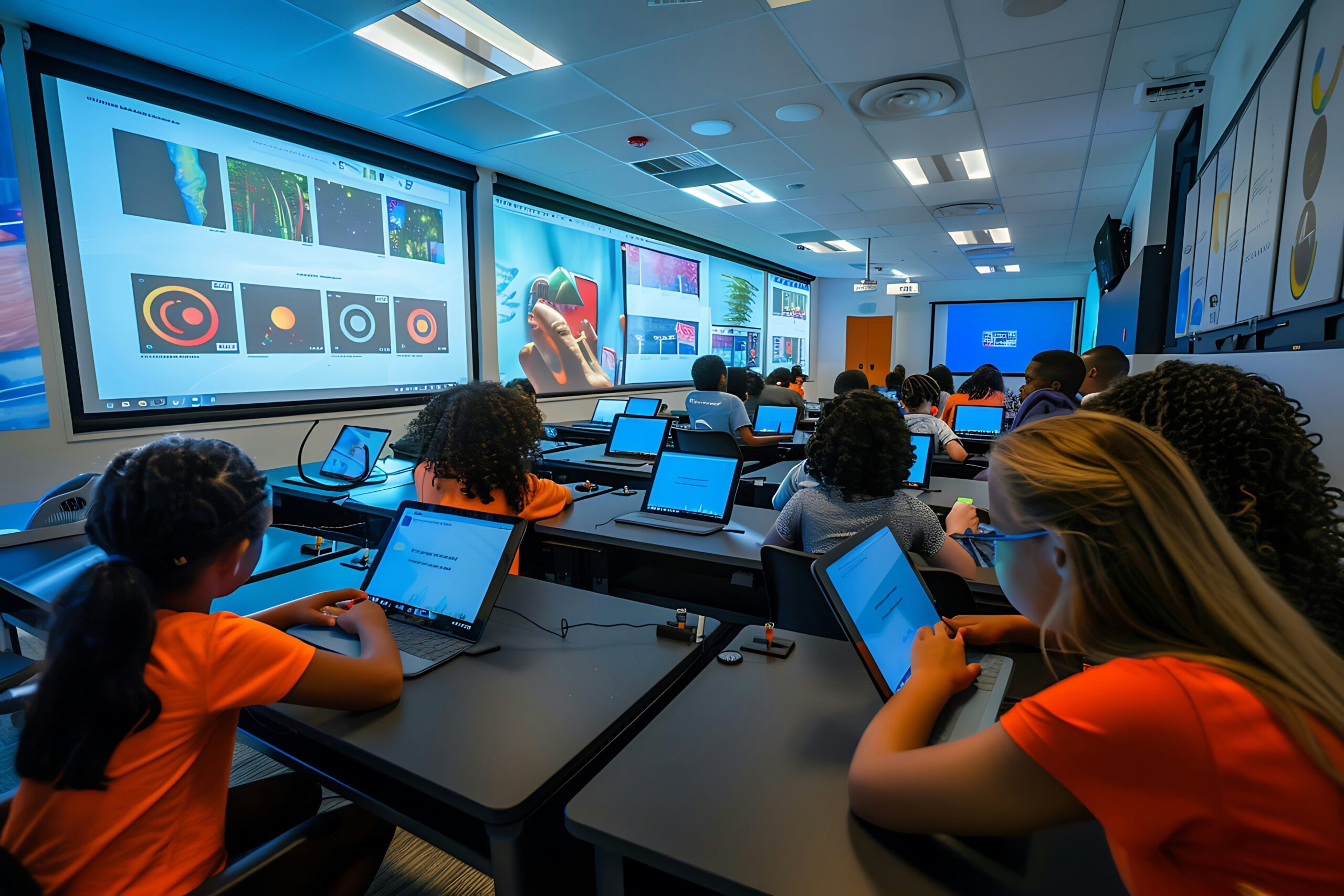
Teachers are the backbone of society. They shape young minds, instill values, and prepare the next generation to take on the world’s challenges. In today’s rapidly evolving digital landscape, the role of teachers is expanding beyond traditional methods. With the rise of artificial intelligence (AI) in education, teachers are no longer just knowledge providers; they are facilitators, mentors, and navigators in a technology-driven world.
The Irreplaceable Importance of Teachers
While AI can enhance certain aspects of education, it cannot replace the unique qualities that human teachers bring to the classroom. Teachers are more than just knowledge providers, they are mentors, counselors, and emotional support systems. They foster creativity, critical thinking, and empathy, qualities that AI cannot replicate. The personal connection between a teacher and a student can inspire, motivate, and guide students to achieve their fullest potential.
- Personalized Support and Guidance
Teachers offer personalized guidance that goes beyond the scope of AI. They recognize the individual needs, strengths, and challenges of each student and adapt their teaching methods accordingly. This emotional intelligence and deep understanding of student behavior are critical to creating an environment where students feel safe, valued, and empowered to learn. - Mentorship and Emotional Intelligence
Teachers provide mentorship that is rooted in emotional intelligence. They help students navigate not just academic challenges but also personal growth and emotional development. AI cannot offer the same level of human understanding, empathy, or mentorship. Teachers listen, offer advice, and guide students through their struggles, playing an integral role in shaping their social and emotional well-being. - Inspiring Curiosity and Critical Thinking
Teachers are crucial in nurturing curiosity and fostering critical thinking skills. They inspire students to question, explore, and analyze the world around them. While AI tools can provide answers, it is teachers who encourage students to think critically, ask questions, and approach problems with an open mind. This is the foundation for developing innovative solutions to the challenges of tomorrow. - Ethical Guidance in a Technology-Driven World
As AI becomes more integrated into educational environments, teachers are essential in guiding students on the ethical use of technology. In institutions like MIT and Harvard, AI literacy programs for teachers emphasize the need for educators to impart knowledge about the responsible use of AI. Teachers help students develop critical thinking skills that prevent them from becoming overly reliant on technology, ensuring that students understand the implications of AI and make informed, ethical decisions.
The Evolving Role of Teachers in the Age of AI
While teachers remain at the heart of education, technology—particularly AI—can complement their work, making education more personalized, accessible, and efficient. UNESCO has emphasized the importance of AI being used as a tool to support teachers, rather than replace them. According to UNESCO’s 2025 report on AI and education, AI can enhance personalized learning, automate administrative tasks, and support data-driven decision-making, but the human touch remains irreplaceable.
- Personalized Learning: The Teacher-AI Partnership
In Finland, AI-driven platforms like Claned and Eduten provide personalized learning experiences by analyzing students’ strengths and weaknesses. However, teachers interpret the data and adjust their lessons to meet the unique needs of each student. This synergy ensures that technology works to enhance, not replace, the personal connection between teacher and student.
- Bridging Educational Gaps with AI and Teacher Guidance
In regions like Kenya, AI-powered solutions like Eneza Education deliver mobile-based learning to students in remote areas. Teachers play a pivotal role in integrating these digital tools into their lesson plans, helping students navigate the content while maintaining critical thinking and engagement. While AI can expand access to education, it is teachers who ensure that learning is contextualized and meaningful.
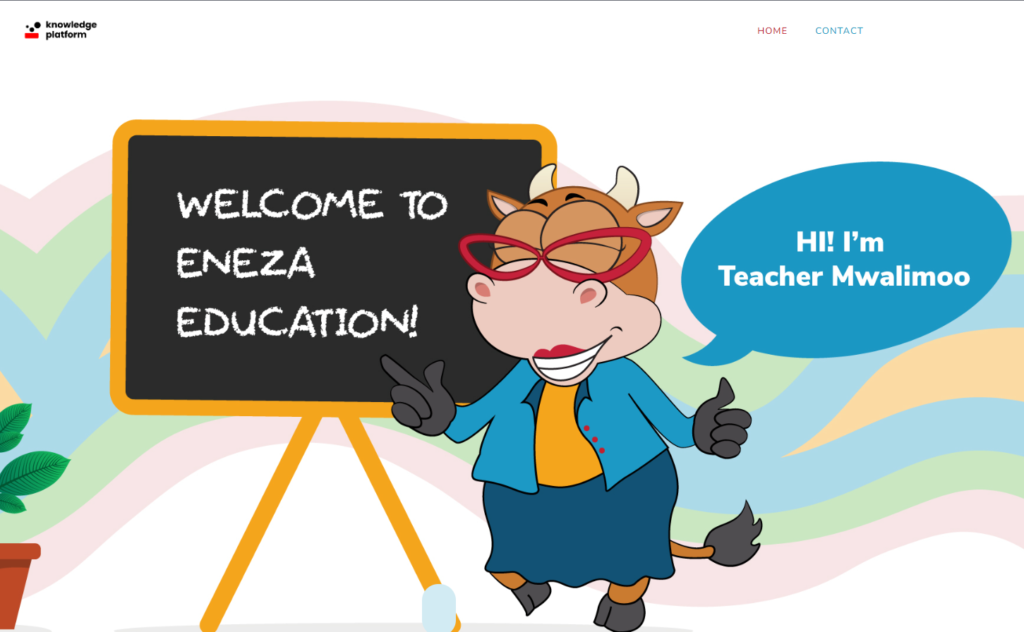
- AI-Assisted Teaching: Reducing Administrative Burden
In the United Kingdom, AI tools like Century Tech help teachers reduce administrative tasks like grading and tracking student progress. While AI can automate these processes, it is teachers who analyze the data and use it to provide emotional and intellectual support where AI falls short.
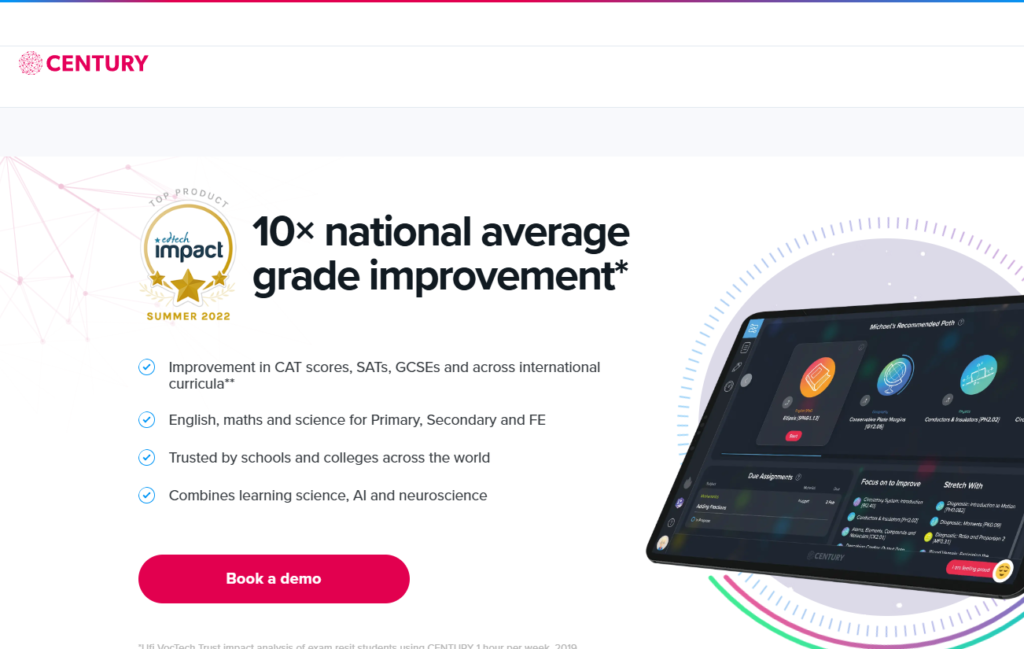
The Future: Teachers as the Heart of AI-Enhanced Education
While AI can provide powerful tools for education, teachers will remain the heart of the learning experience. AI can support tasks like data collection, administrative work, and personalized learning, but it is teachers who bring creativity, emotional intelligence, and ethical guidance to the classroom. As AI becomes more integrated into education, the focus must remain on empowering teachers to use technology in ways that support and enhance the learning process, without losing the essential human element.
UNESCO continues to advocate for teacher empowerment in AI-driven education, urging governments and institutions to invest in teacher training and AI literacy. As AI evolves, teachers will remain vital leaders in guiding students through the complexities of a rapidly changing world.

“Teachers are the most important catalyst for change in any society.”
Irina Bokova, former UNESCO Director-General


